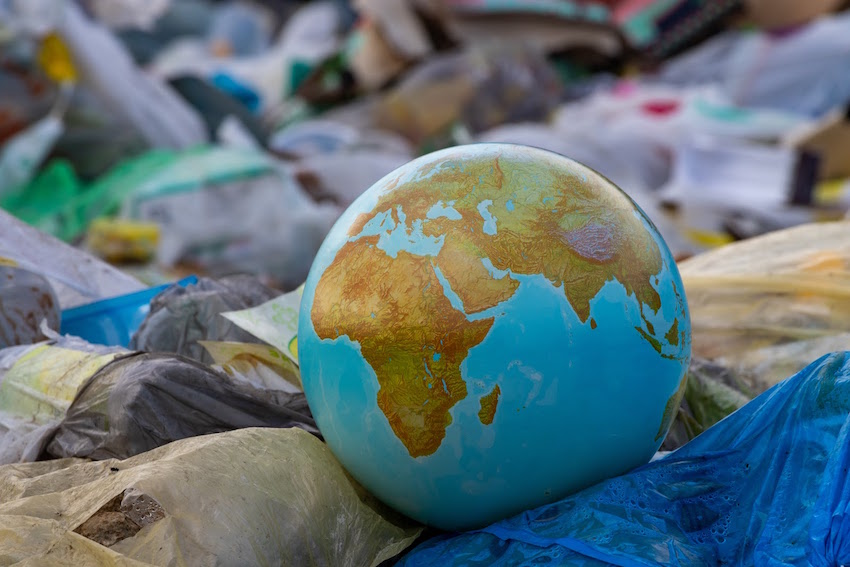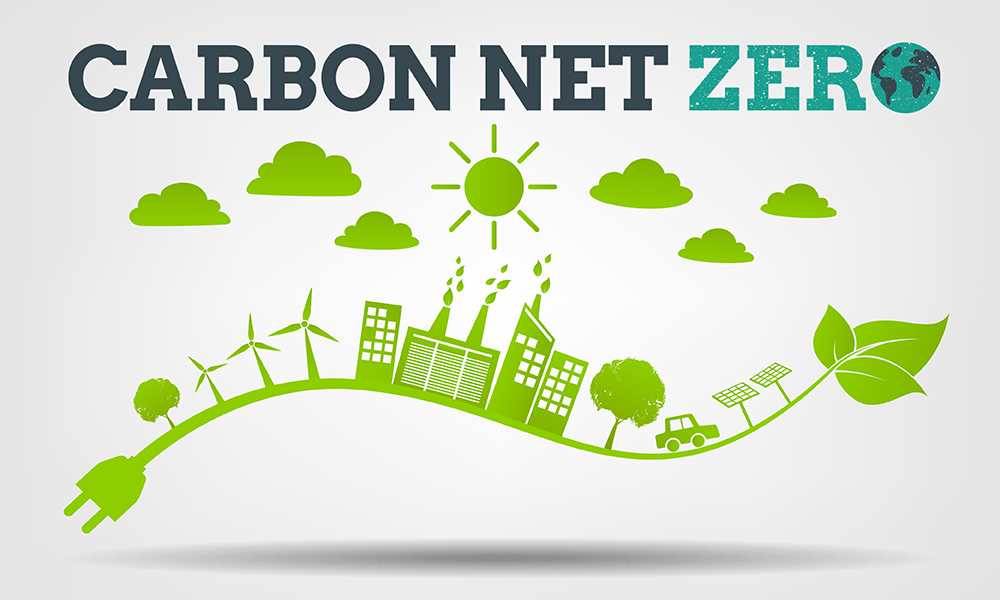Plastic Power Play: Rethinking Energy Sources for a Sustainable Future
As the world grapples with the challenges of plastic pollution and the growing demand for sustainable energy, a groundbreaking solution is emerging – the conversion of plastic waste into power. This article explores the innovative concept of plastic-derived fuels produced by plastic to fuel machine, examining the technologies involved, environmental implications, and the potential to reshape our energy landscape for a more sustainable future.

The Plastic Predicament
Plastic pollution has become a global crisis, with vast amounts of plastic waste polluting landfills, oceans, and ecosystems. Conventional methods of disposal, such as incineration and landfilling, contribute to environmental degradation and climate change. In this context, the idea of harnessing energy from plastic waste not only addresses the urgent need for waste management but also offers a promising solution to meet our escalating energy demands.
Plastic Pyrolysis: Unlocking Energy Potential
Plastic pyrolysis is a transformative process that involves heating plastic waste in the absence of oxygen, breaking it down into its constituent elements. This innovative technology holds the key to unlocking the energy potential of plastic waste. During pyrolysis, plastics are converted into a mixture of liquid hydrocarbons, gases, and char. The liquid fraction, often referred to as pyrolysis oil, can be refined and used as a fuel source.
One of the advantages of plastic pyrolysis is its versatility, as it can process a wide range of plastic types, including polyethylene, polypropylene, and polystyrene. This versatility makes it an attractive option for managing diverse plastic waste streams.
Environmental Impact and Benefits
The plastic-to-fuel process offers several environmental benefits. Firstly, it reduces the amount of plastic ending up in landfills and oceans, addressing a critical aspect of the plastic pollution problem. Additionally, the energy generated from plastic-derived fuels has the potential to offset the use of traditional fossil fuels, thereby contributing to greenhouse gas reduction and mitigating climate change.
The carbon footprint of plastic-derived fuels is a subject of ongoing research, with a focus on optimizing the pyrolysis process and minimizing emissions. While not entirely carbon-neutral, these fuels can still offer a more sustainable alternative compared to conventional fossil fuels. THe tdu thermal desorption unit can produce oil from oil sludge. This also helps to reduce carbon emission.

Economic Opportunities and Challenges
The plastic-to-fuel industry presents economic opportunities, from job creation in waste management and technology development to reducing dependence on traditional energy sources. Entrepreneurs and innovators are exploring the commercial viability of plastic-derived fuels, with the potential to establish a circular economy where plastic waste becomes a valuable resource.
However, challenges persist, including the need for investment in research and development, infrastructure for large-scale implementation, and addressing concerns related to emissions and environmental impact. Policymakers, businesses, and researchers must collaborate to create an enabling environment for the growth of the plastic-to-fuel industry while addressing potential challenges.
Case Studies and Success Stories
Several regions around the world are already pioneering the use of plastic-derived fuels, showcasing the practical applications of this innovative technology. In Japan, for example, a waste-to-energy plant utilizes pyrolysis to convert plastic waste into fuel for power generation. This model not only reduces plastic pollution but also contributes to the local energy grid.
Similarly, in some developing countries where plastic waste management is a pressing issue, small-scale pyrolysis units are being deployed to generate electricity for local communities. These initiatives demonstrate the adaptability of plastic-to-fuel technology to diverse settings and highlight its potential as a decentralized and community-driven solution.
Regulatory Landscape and Future Prospects
The regulatory framework surrounding plastic-derived fuels is evolving, with governments recognizing the potential benefits of this technology. However, there is a need for clear standards and guidelines to ensure the responsible and sustainable deployment of plastic-to-fuel processes. Policymakers play a crucial role in incentivizing the adoption of this technology while safeguarding environmental and social considerations.
Looking ahead, the future prospects of plastic-derived fuels hinge on continued research and development, technological advancements, and a global commitment to addressing plastic pollution and transitioning to more sustainable energy sources. The Plastic Power Play represents a paradigm shift in our approach to waste management and energy production, offering a glimpse into a future where plastic waste becomes a valuable resource rather than a global burden.
Conclusion
In the quest for a sustainable future, the plastic power play offers a compelling narrative of innovation and transformation. By rethinking our approach to plastic waste and recognizing its potential as a source of clean energy, we have the opportunity to address two pressing global challenges simultaneously – plastic pollution and the transition to renewable energy. The waste plastic to oil machine is an efficient way for reducing waste.
As we navigate the complexities of implementation, it is essential to approach the Plastic Power Play with a balanced perspective, acknowledging both its promises and challenges. Collaborative efforts among governments, businesses, researchers, and communities will be crucial in realizing the full potential of plastic-derived fuels and ensuring that this innovative solution contributes to a cleaner, greener, and more sustainable future for generations to come.